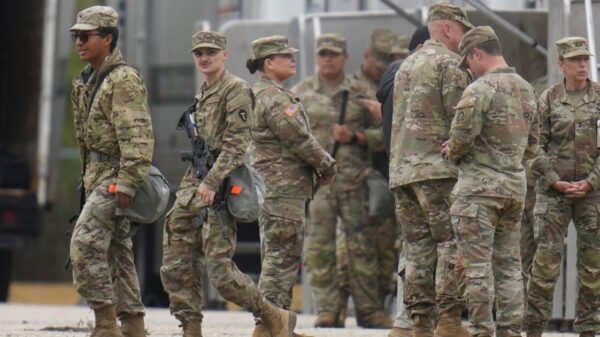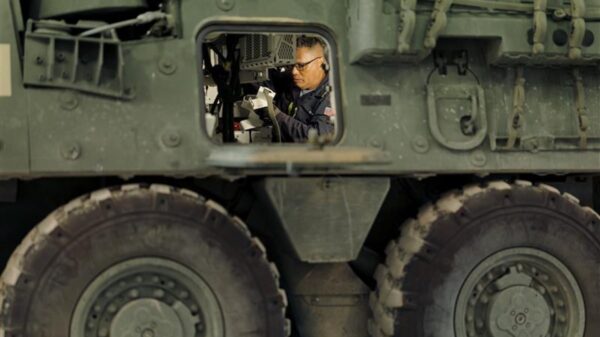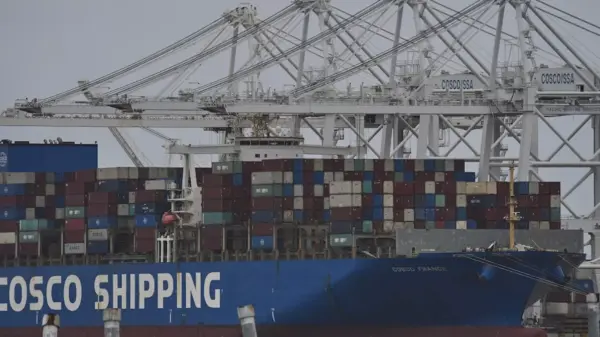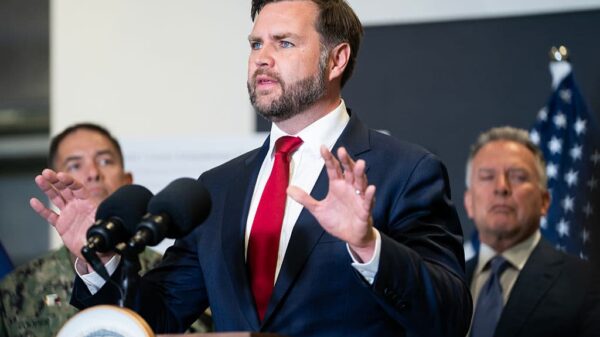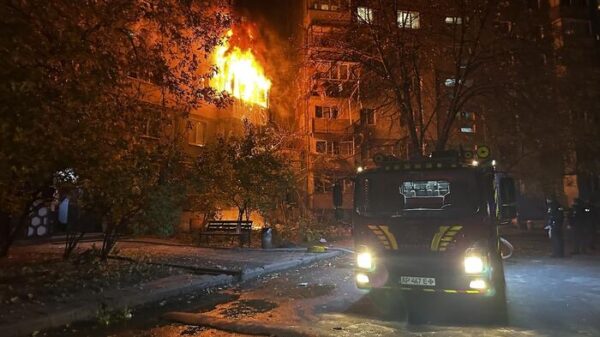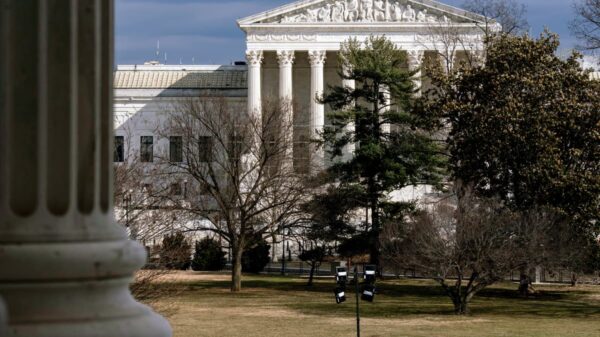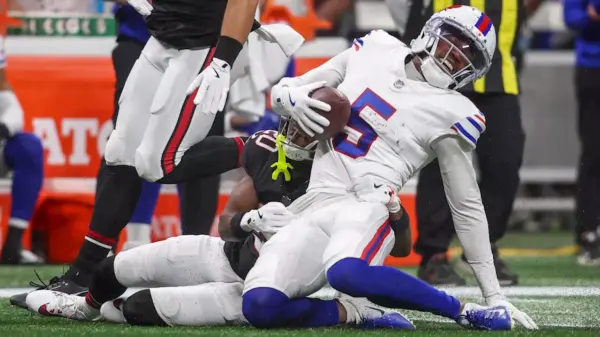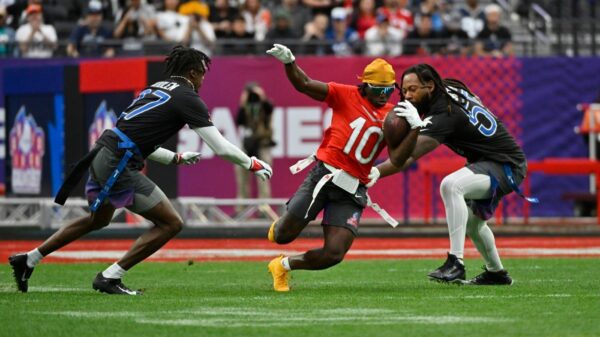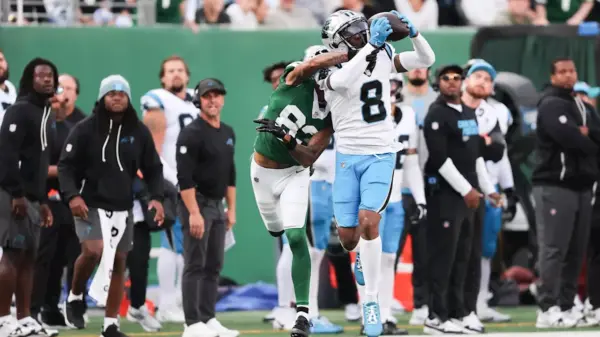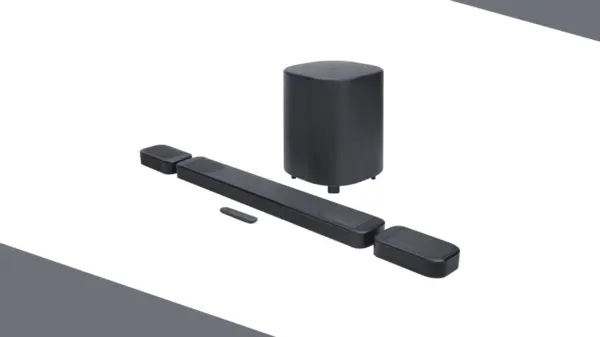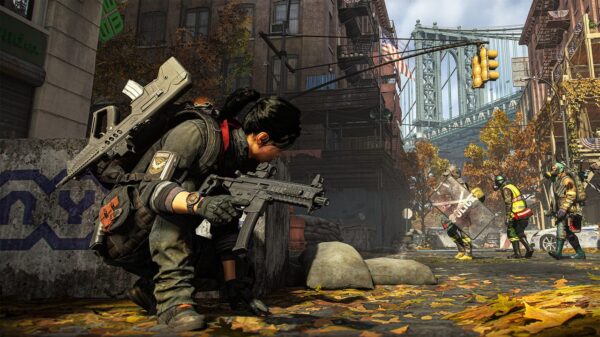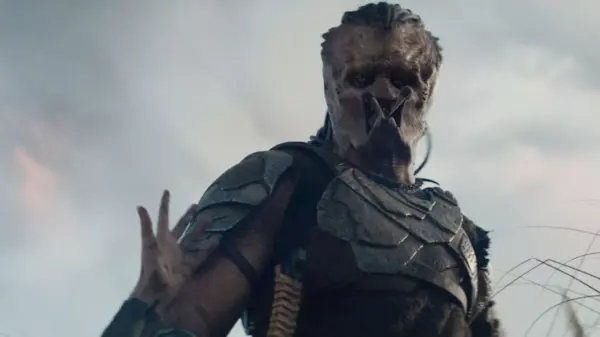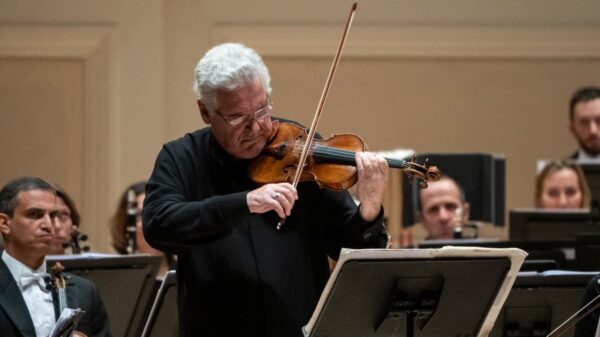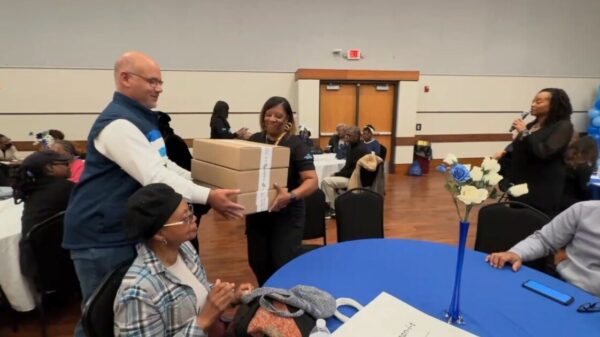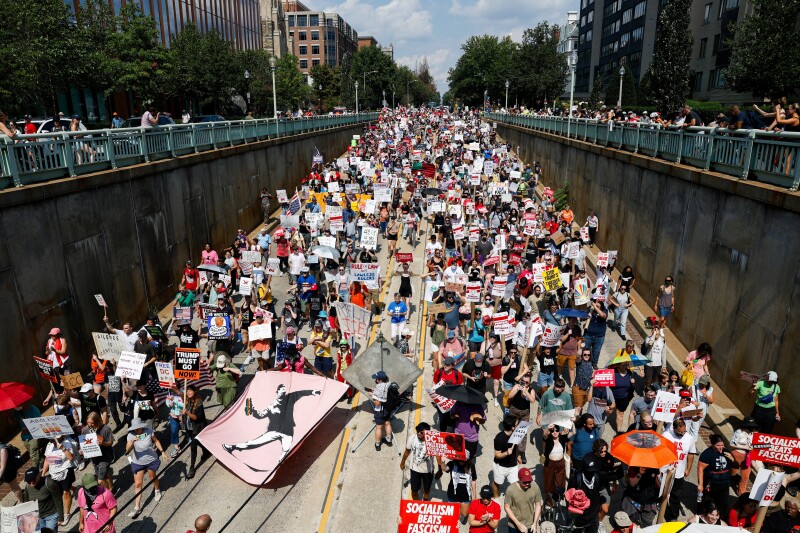UPDATE: Thousands of protesters have taken to the streets of Washington, D.C., demanding that President Donald Trump end the deployment of National Guard troops in the capital. The urgent protest, known as the “We Are All D.C.” march, occurred earlier today, as demonstrators expressed outrage over Trump’s recent military presence and his threat to extend similar actions to other major cities, including Chicago.
Protesters, numbering in the thousands, chanted slogans against Trump while holding signs that read, “Trump must go now,” “Free DC,” and “Resist Tyranny.” Alex Laufer, a protester, stated, “I’m here to protest the occupation of D.C. We’re opposing the authoritarian regime, and we need to get the federal police and the National Guard off our streets.”
The President deployed over 2,000 troops to patrol the city last month, claiming it was necessary to “re-establish law, order, and public safety.” However, Justice Department data indicates that violent crime in the capital has reached a 30-year low, raising questions about the necessity of this military presence. Critics are labeling the deployment as federal overreach, while some residents have welcomed the troops, especially in crime-prone areas.
Trump’s recent social media post parodied the Vietnam war film “Apocalypse Now” and hinted at deportations in Chicago, stating, “I love the smell of deportations in the morning.” This provocative statement has intensified fears of a militarized crackdown in urban areas.
In response to the troop deployment, Washington, D.C. Attorney General Brian Schwalb filed a lawsuit on Thursday, arguing the action is unconstitutional and violates federal laws. Meanwhile, Illinois Governor J.B. Pritzker expressed concern over Trump’s plans, stating he learned from reporters that federal agents and military vehicles were being sent to Chicago.
As the situation develops, Mayor Muriel Bowser has praised the federal law enforcement surge, noting a decline in crime rates since their arrival. However, she hopes the National Guard’s mission will conclude by November 30, as the Army has extended their orders through that date.
With mounting tension and public outcry, the future of National Guard troops in Washington, D.C., hangs in the balance. What happens next will likely shape not only the capital’s streets but also set a precedent for federal involvement in urban policing across the country. As protesters continue to voice their demands, the nation watches closely for the next developments in this unfolding crisis.


